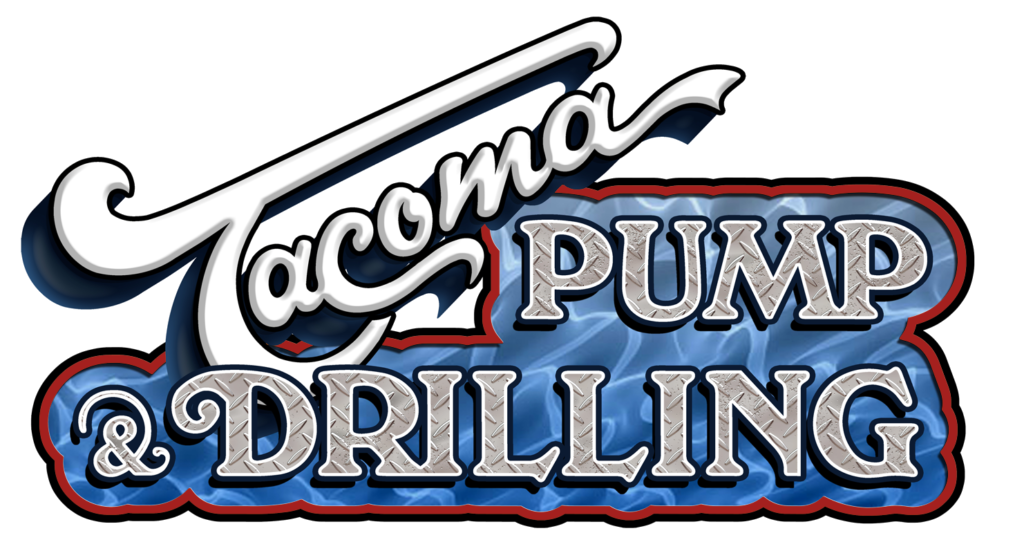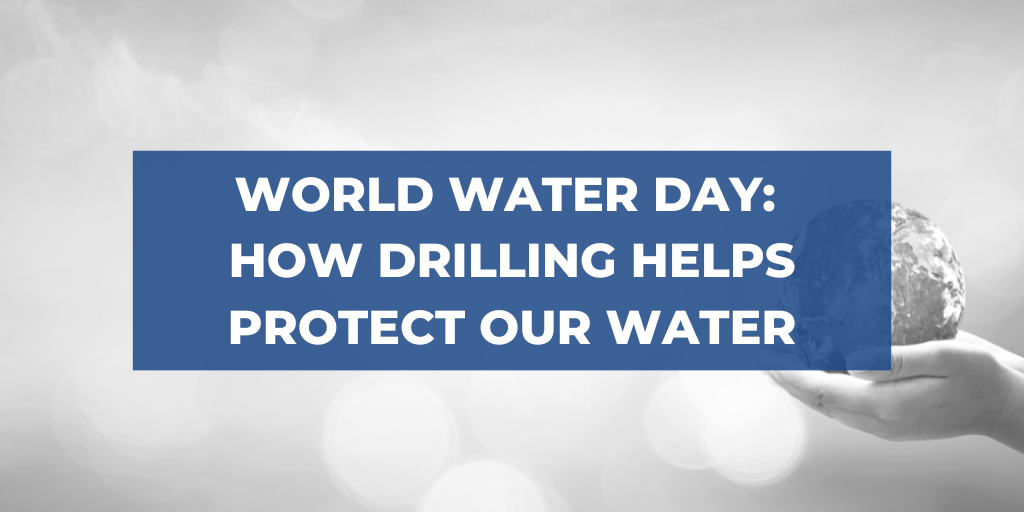Every March, the United Nations observes World Water Day, a day to spread awareness about the world’s needs regarding our water supply. The day is also a way to advocate for the sustainability and management of our freshwater resources. So how does drilling connect to a day that supports water conservation? Every time we drill a well for a private owner, a borehole or well for ecological study, or even soil sampling, we are participating in the understanding and sustainable management of our land and water. As drillers, we value our role in spreading knowledge about how to protect our incredible natural resources. World Water Day is a great opportunity to share the importance of water conservation and ways we can all participate.
World Water Day and Why it Matters
In 2023, World Water Day was about “accelerating change to solve the water and sanitation crisis.” In 2015, the world established Sustainable Development Goal (SDG) 6. The goal aims to provide safely managed water and sanitation for everyone by 2030. However, we are off track from meeting that goal. According to the UN, “Billions of people and countless schools, businesses, healthcare centers, farms, and factories don’t have the safe water and toilets they need.”
In order to meet the goal of safe water for all by 2030, the UN is not only encouraging governments to speed up progress. They also believe that we can all play a role — individuals, families, schools, and communities — in making a difference.
While World Water Day is just one day, it is a day to spread awareness and work together to take action. We love supporting this day and the long-term goal of learning about our water supply. There is no time like the present to change our relationship with water.
Ways to Take Action Conserving Water
There are many ways to conserve water in our daily lives. One of the most basic changes we can make is shortening our showers and reducing how much water we use when washing dishes or brushing our teeth. However, there are also some unexpected ways to conserve water that relate to how things in our world are produced. Here are a few examples:
Eat Locally Produced Food: Eating local food that is in season helps reduce water usage. When food is transported long distances, it utilizes water. Buying local supports local farmers but also helps conserve water.
Learn Which Foods Require Less Water: Everything from the meat you eat to the canned and dry goods you purchase uses water. Take some time to learn which foods are low-water foods and make an effort to rely more on those foods.
Pollute Less and Help Clean Up: Pollution plays a role in reducing and damaging our freshwater supply. We can make big changes simply by learning how things like fertilizer, washing our cars, and the trash we produce affect our water supply. Sometimes taking action starts with education.
Learn About Your Local Water Supply: How does your local water work? How is it shared? How is waste managed? For example, learning that your local water comes from a city/shared well helps you understand the importance of protecting our groundwater. When your entire city population relies on clean, protected groundwater, it changes your perspective on the importance of water.
Drilling and Water Conservation
We believe our role in water conservation starts with our ability to help bring clean drinking water to your home and community. Adding a well to your residence means you gain access to healthy, safe water. It also helps spread awareness of Washington’s groundwater supply — how it works, the ebbs and flows of our water, and why winter snow and spring rain play such an important role.
Drilling and water conservation are also connected through our partnership with ecologists, scientists, and businesses seeking new ways to utilize water as a form of energy. Geothermal drilling is just one example of how we can use drilling to help repurpose water and heat to create energy.
Groundwater monitoring wells also help our Department of Ecology understand water usage and its impact in our state. Without drilling, we would not be able to study the ebb and flow of our groundwater supply. When we understand how much water is available to our residents, we can take more meaningful action to conserve and protect our water.
How Will You Take Action?
As we mentioned before, there are many incredible ways to conserve water. What are some ways you can take action today to conserve water in your home or community? We would love to hear your ideas!

